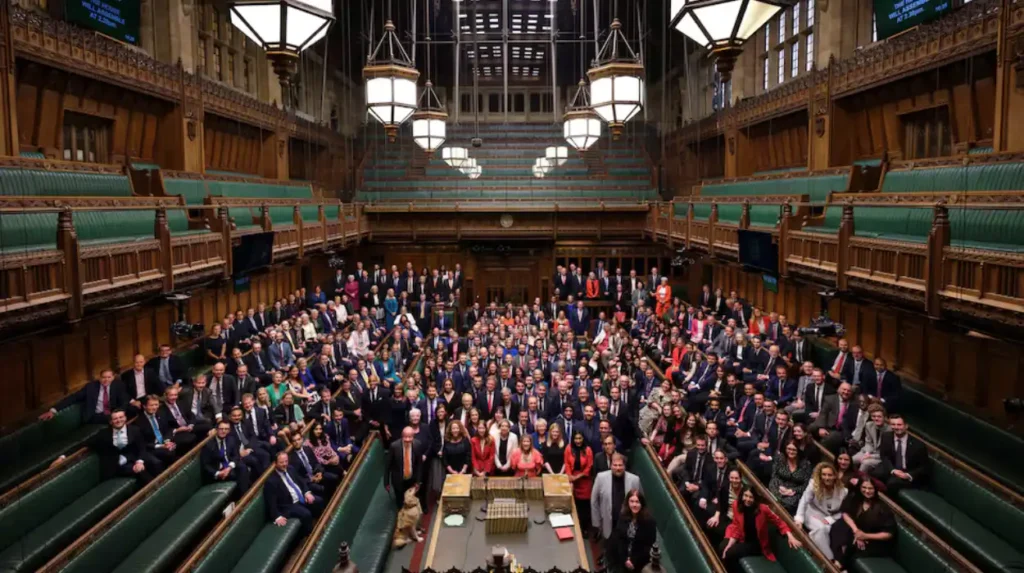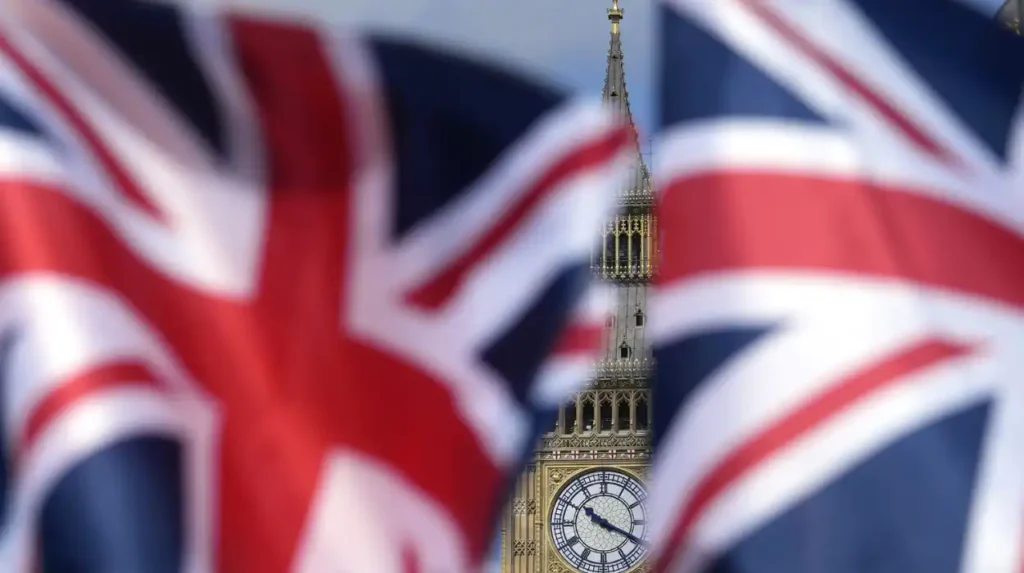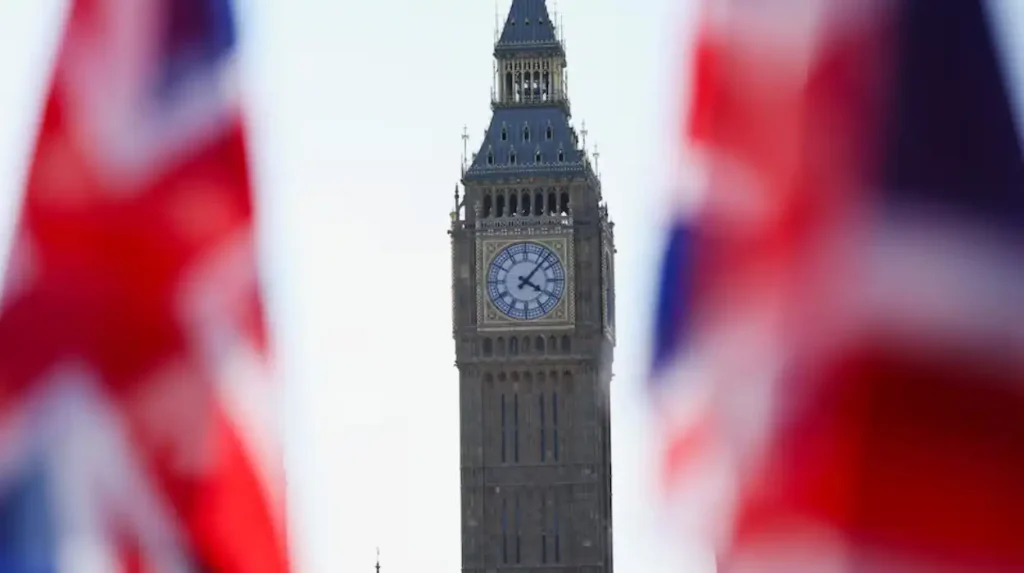Lord Privy Seal is one of the oldest state offices in the UK. While there is a rich history behind the role, it has a more symbolic and administrative role within modern government. This article will discuss who the Lord Privy Seal is, the role of the Lord Privy Seal, and why the Lord Privy Seal is so important in the UK governmental context today.
Who is the Lord Privy Seal?
The Lord Privy Seal is one of Britain’s oldest political roles, going back to the 14th century. Important functions of the Privy Seal office, in earlier times, were to deal with the king’s private seal attached to important documents. The Privy Seal office had significant power within the medieval governments because the royal order had no value without the seal. In later centuries, the practical use of the seal diminished; however, the title continued to exist as an integral part of the British government.
The Privy Seal Today
The Privy Seal is no longer in the officeholder’s hand. Today, the Lord Privy Seal is typically a senior government minister or member of the House of Lords. Usually, it is used to create a ministerial appointment either because the prime minister is looking for someone to appoint to the cabinet (because it is a cabinet-level appointment) or to provide an official position with responsibilities allocated to other senior ministers. It is fair to say that the responsibilities of office have developed from a position of utility to a position of politics and ceremony.

Who Currently Holds the Position?
In recent years the position of Lord Privy Seal is typically appointed by the Prime Minister from the ruling party. This minister may also have responsibilities as leader of the House of Lords or with their cabinet responsibilities. Therefore, there are no substantial independent duties associated with the office, and it allows the person to ensure their participation is shaping cabinet policy.
The Role of the Lord Privy Seal
Historically, the Lord Privy Seal was a traditional position in the British Cabinet, responsible for the monarch’s personal “privy” seal (as opposed to the state’s Great Seal). This position granted the officeholder very personal access to the monarch and council documents and influential advice. Although the position has been diminished over time and lost its power and importance to the point that it is now very symbolic and the holder is often appointed to cabinet business. Five basic roles of the Lord Privy Seal are:
1. A Cabinet-Level Position
A cabinet-level British government minister is the Lord Privy Seal. Cabinet-level ministers are included in cabinet discussions to help with high-level decisions. Though the title offers a ministerial office for policy discussion and representation of government departments and interests in Parliament, it has no official departmental tasks.
2. Administrative Position
Actually, the Lord Privy Seal handles administrative responsibilities, especially those relating to Parliament. Acting as Leader of the House of Lords or assisting the Prime Minister, the Lord Privy Seal oversees government business in the Lords, manages debates, answers parliamentary questions, and helps to regulate.
3. Flexibility for the Prime Minister
One of the most important aspects of this is it gives the Prime Minister lots of flexibility. By giving someone this position, the Prime Minister can appoint someone as a trusted political adviser and still include a seat at the Cabinet table without having to create a new department. It also provides a way of including other senior figures in the government while that person is unable to be a government minister performing an advisory or coordinating role.
4. Combination with Other Posts
Traditionally, it has been linked with several other governmental obligations. For instance, the post has sometimes come together with the further table responsibilities of Lord President of the Council and Leader of the House of Lords. This duality has let the officeholder perform practical duties while still keeping the ceremonial title.
5. Representation in the House of Lords
Many holders of this view are members of the House of Lords; hence, they often serve as an intermediary between the Cabinet and the House of Lords to guarantee that government policies are explained, defended, and implemented in the Lords, which makes them a crucial player in preserving parliamentary balance.

The importance of the Lord Privy Seal
Here are described few importance of the Lord Privy Seal:
1. Historical Significance
The role of the Lord Privy Seal is significant in history. It links contemporary politics to centuries of British governance. This constitutional position represents the historical role of the monarchy in government, as well as its relevance in adapting historical practice to meet the contemporary context. This has significance for the UK political system, as it represents continuity and majesty.
2. The flexibility of the role
One of the most functional reasons the role exists is the flexibility it offers. The Prime Minister can appoint someone as Lord Privy Seal without adding too much weight to the role. This also allows for the appointment of senior party members, coalition partners, or experienced politicians to the Cabinet even when an actual role in a department is unavailable.
3. Political Balance
Maintaining political equilibrium in the House of Lords falls in part to the Lord Privy Seal. The officeholder acts as a middleman in any discussion, guaranteeing that the government’s stance is forcefully represented as he or she serves to embody Government policy in the Lords. The office does not have any specific significance, even though it carries significance in the functional daily business of Parliament.

4. Advisory Position
Despite the office having no specific portfolio, the person holding the role can wield considerable influence in relation to Government decision-making. He or she participates in Cabinet business, advises the Prime Minister, and is likely to receive special responsibilities directed by the Cabinet. As Lord Privy Seal, the person has significant importance behind the scenes in relation to political strategy and policy in a Government.
5. Ceremonial and Symbolic Role
Alongside its practical role, the office has ceremonial significance. It maintains a line of British tradition, which pays respect to the long-standing institution of the state. The fact that the role remains in the Cabinet structure supports the idea that balance can be struck between tradition and modernity in politics in the UK.


